(ECNS) -- The 20th Central Committee of the Communist Party of China (CPC) concluded its third plenary session in Beijing last Thursday, issuing a communique that states opening up is a defining feature of Chinese modernization.
In an interview with China News Weekly last Thursday, Xue Lan, a senior professor and chairman of the Academic Committee of the School of Public Policy and Management at Tsinghua University, analyzed how China should approach opening up amid the current complex international environment.
Xue said during the first thirty years of reform and opening up, China mainly focused on opening up to the U.S., Europe, and Japan. While over the past decade, China has significantly expanded its international cooperation, reaching out to regions such as Central Asia, Southeast Asia, and Arab countries. This expansion has been particularly evident with partners along the Belt and Road Initiative (BRI), as China strives for more comprehensive openness.
“To some extent, this shift has been influenced by the evolving international landscape,” he observed. Looking ahead, he expressed confidence that China would continue to expand its international cooperation, refine its regional opening-up strategies, and improve mechanisms to promote high-quality development of the BRI.
Additionally, foreign investment remains a key focus in China’s opening-up policy, Xue said.
“People anticipate robust policies from the government to attract more foreign capital into China,” Xue explained. “However, this challenge extends beyond mere macroeconomic policy adjustments. Even with favorable policies in place, some foreign enterprises may continue to experience a sense of discrimination and insecurity in their day-to-day practice. This issue stems from policy implementation, with the core problem being a lack of institutionalized guarantees for openness.”
“China’s journey towards openness has been a gradual process. In the early stages, this opening-up was primarily driven by special preferential policies, reflecting a policy-driven approach rather than an institutional one. At present, there is a pressing need for institutionalized openness,” the professor stated.
Therefore, the communique specifically emphasizes further reforms of the management systems for both inward and outward investment, representing a move towards institutionalized opening up,” he concluded. “In the future, the true test will be whether China can genuinely treat foreign capital fairly in practice.”








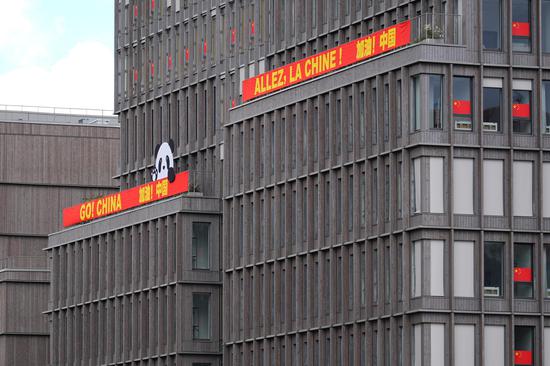
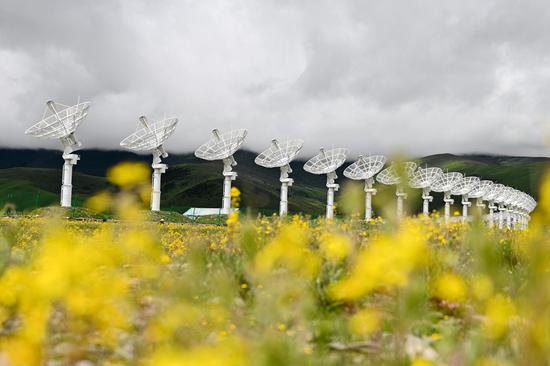
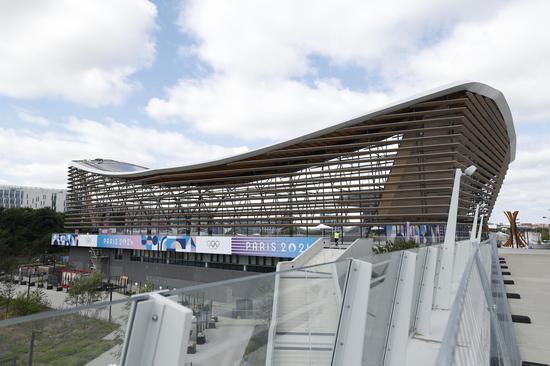



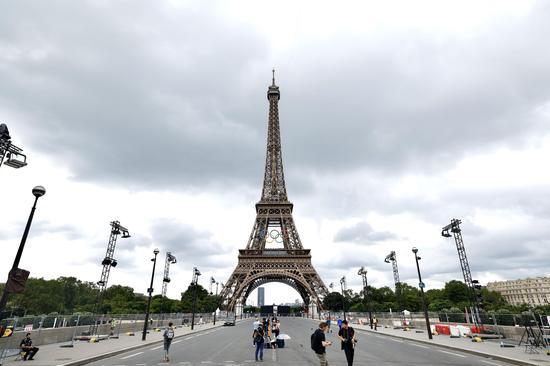



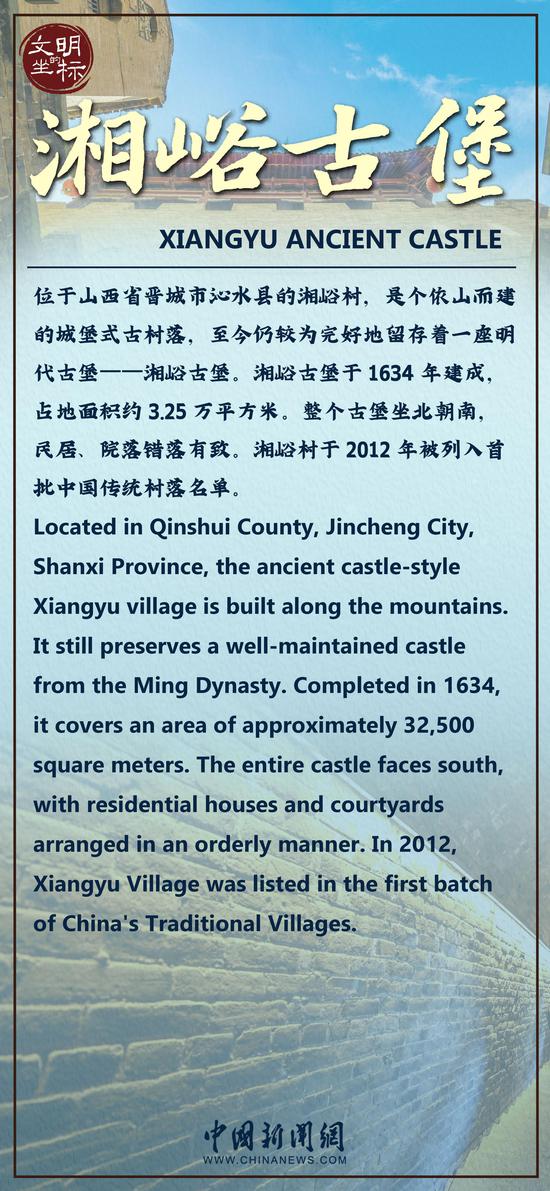
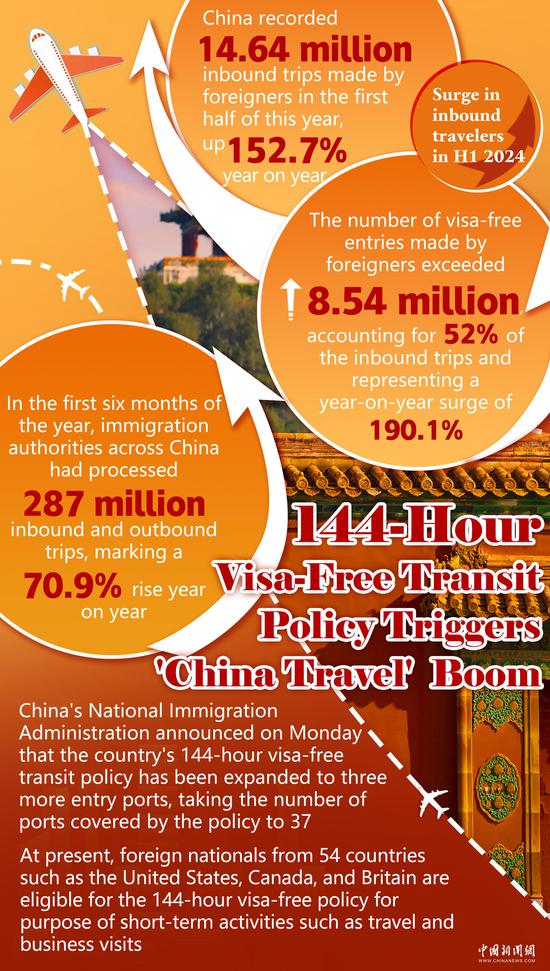

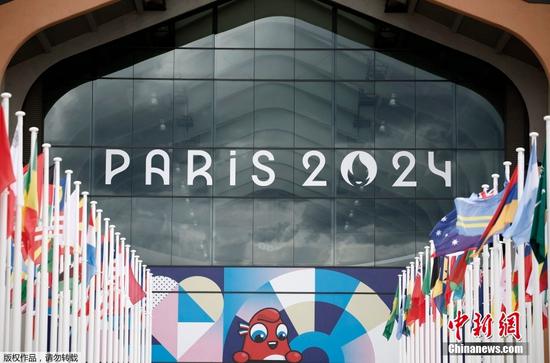


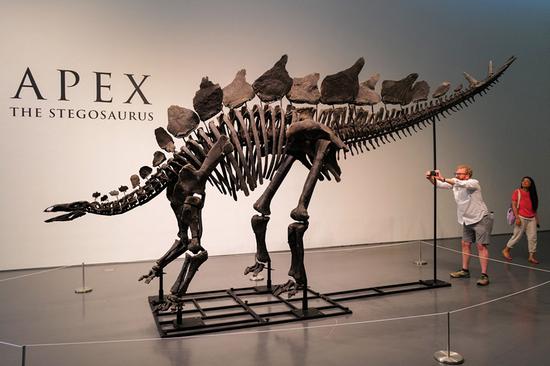
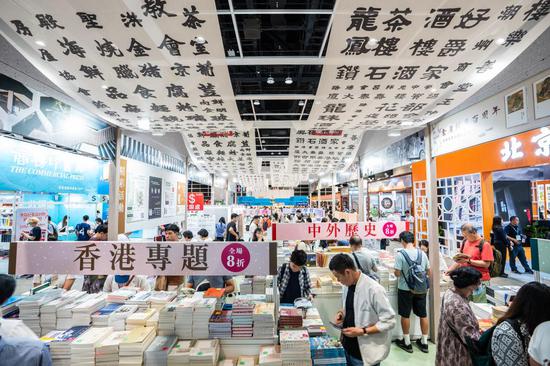
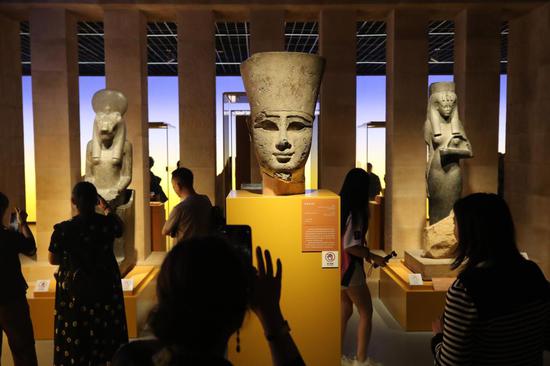


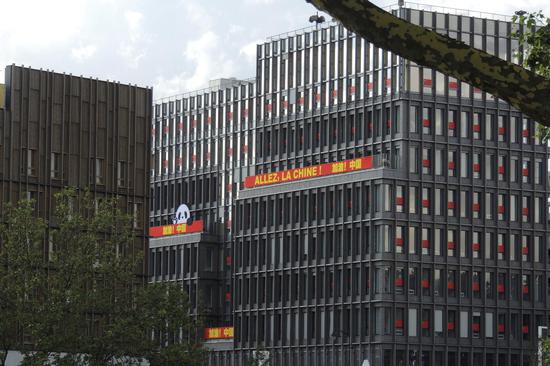




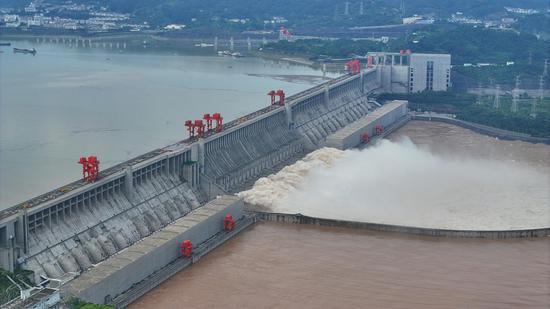
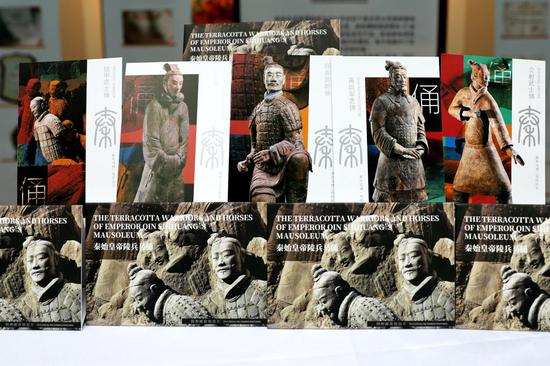

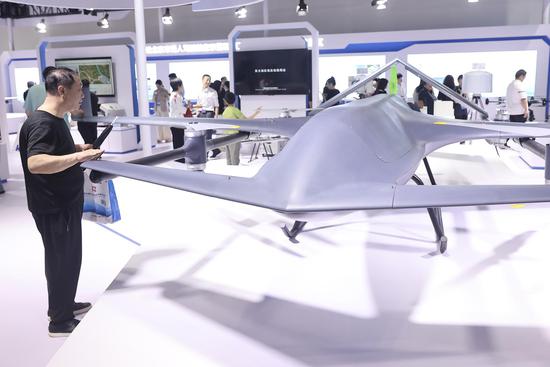

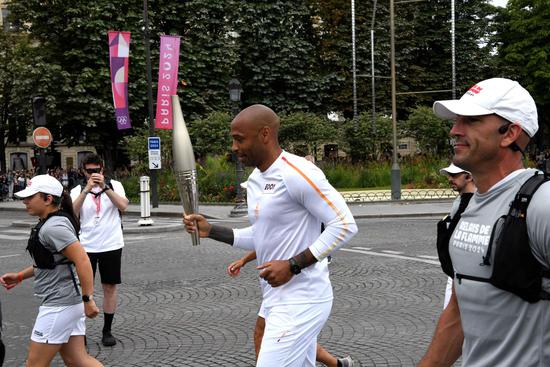


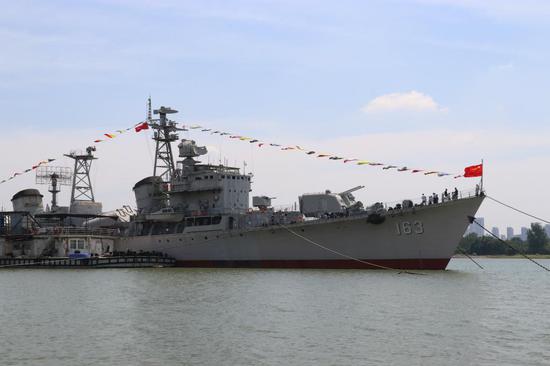





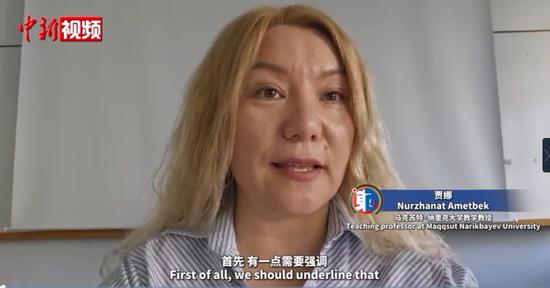

 京公网安备 11010202009201号
京公网安备 11010202009201号